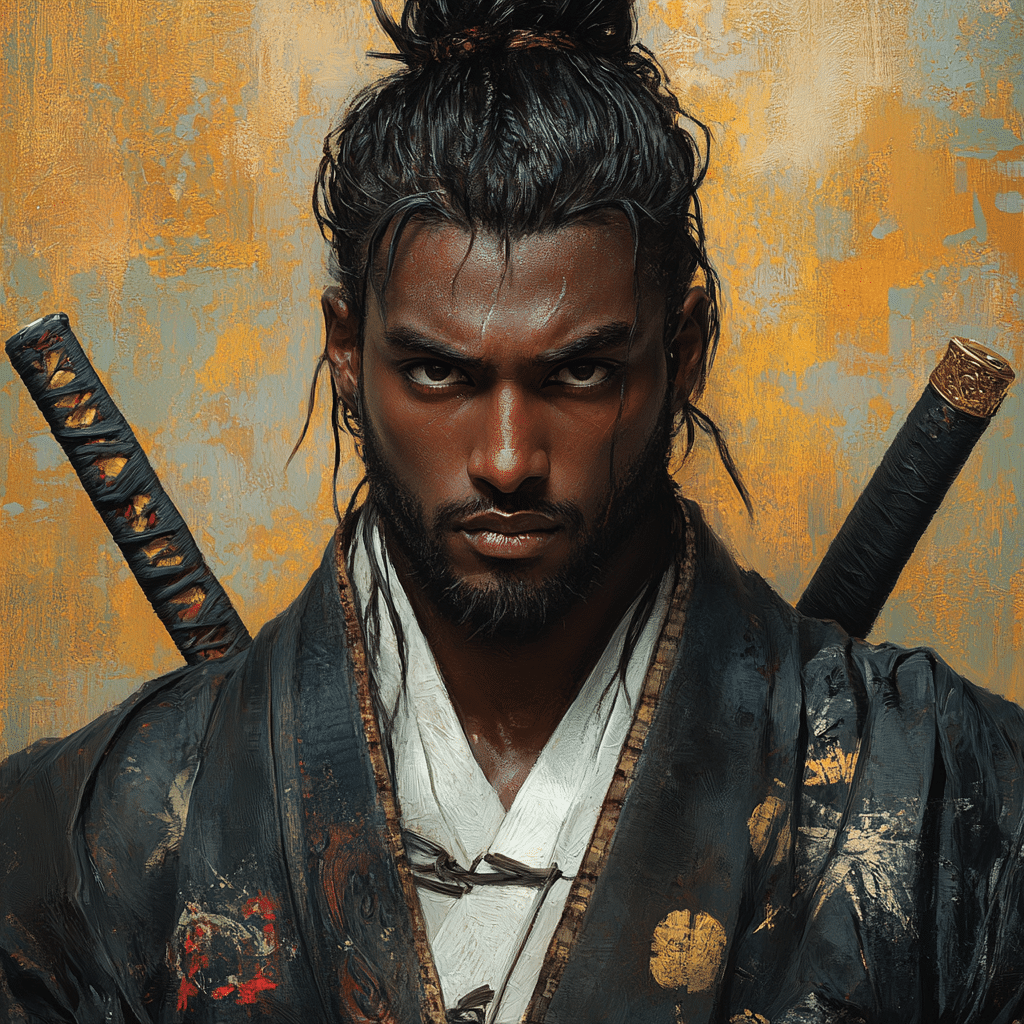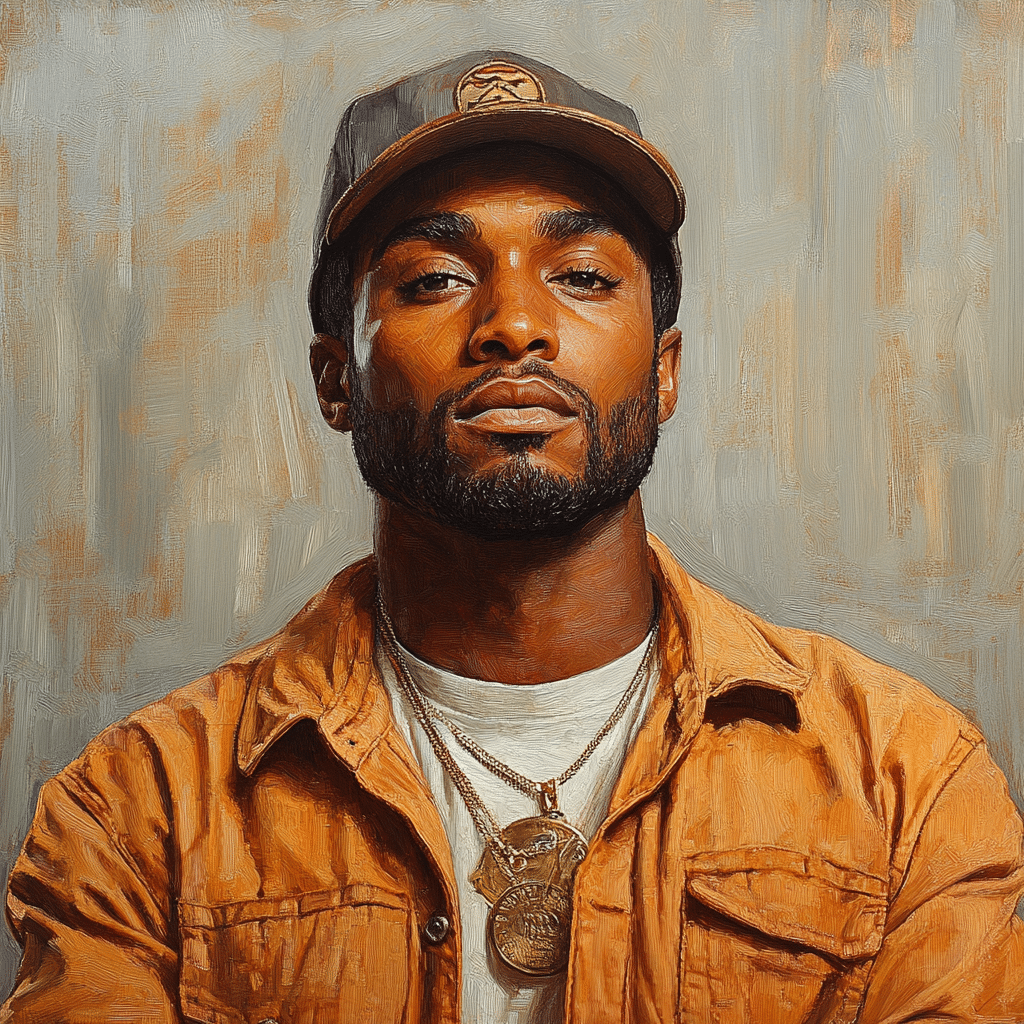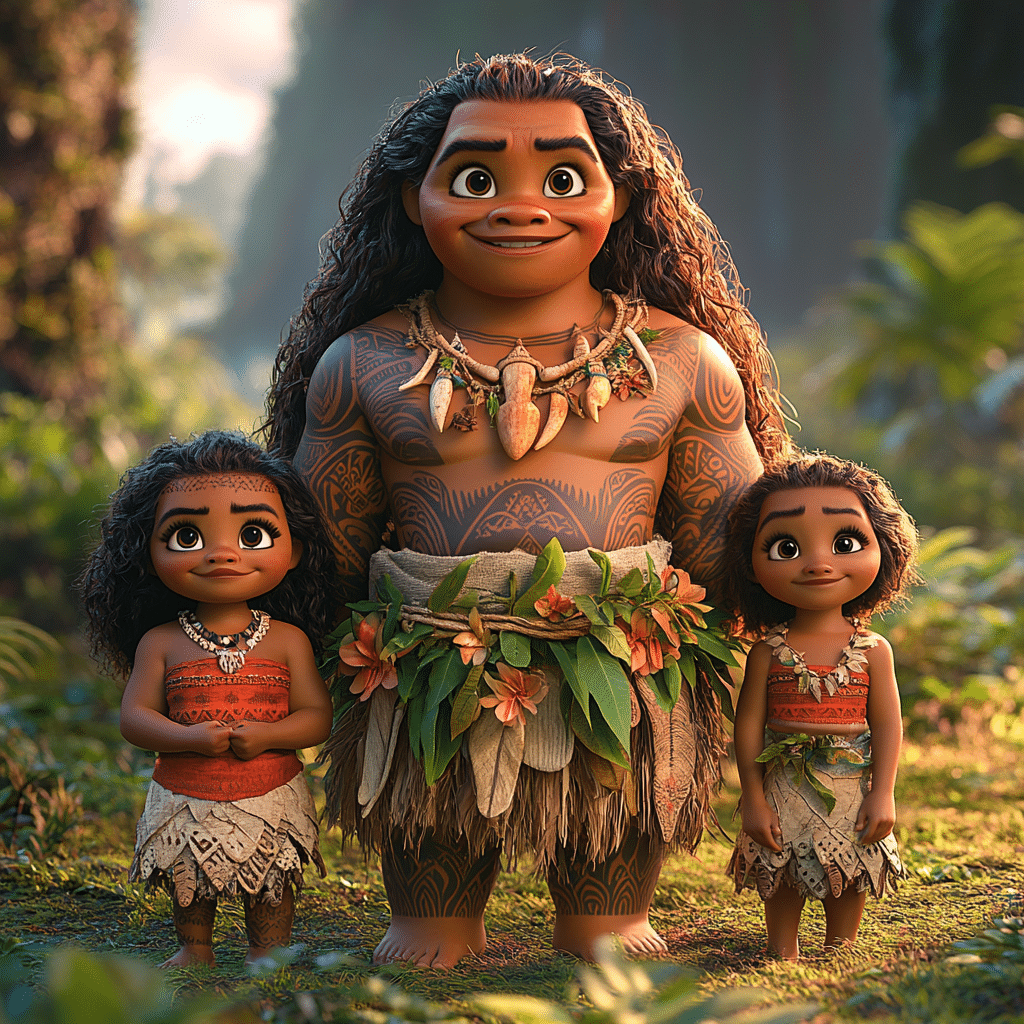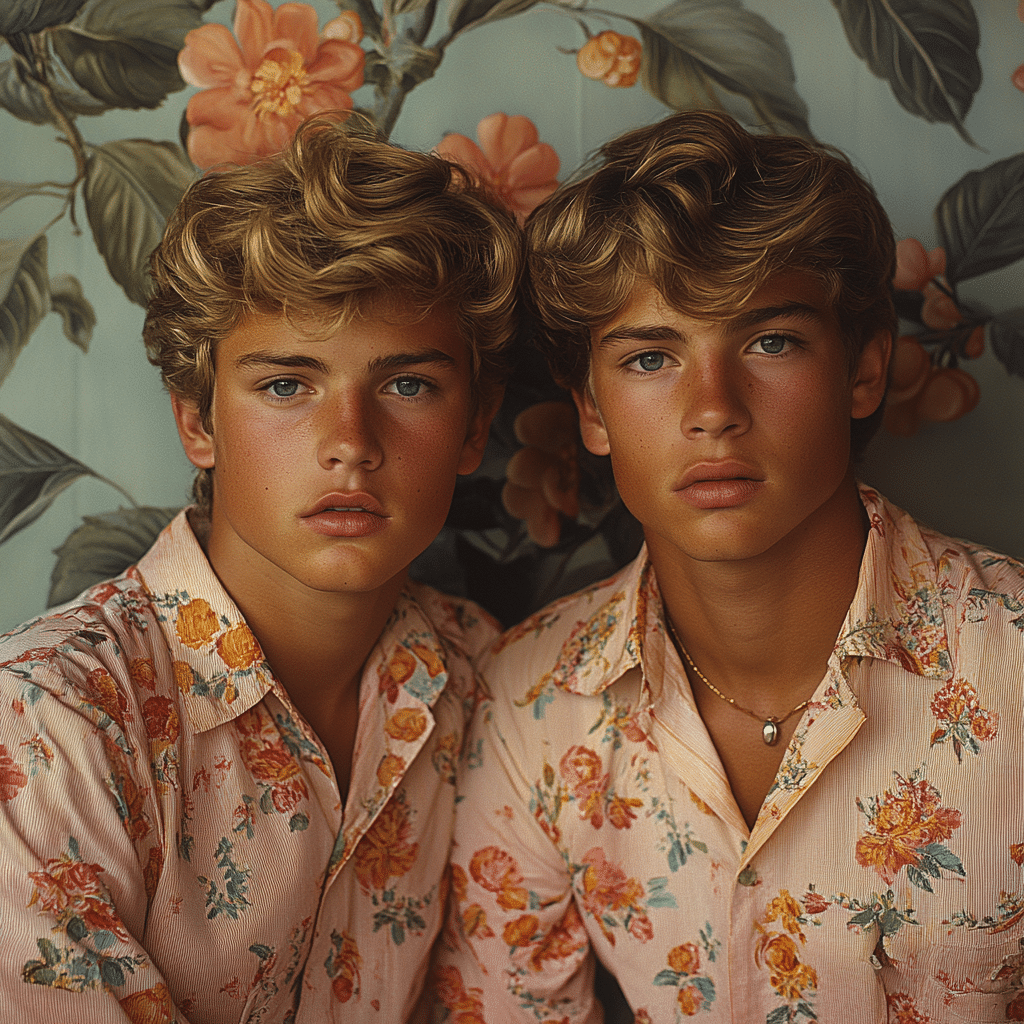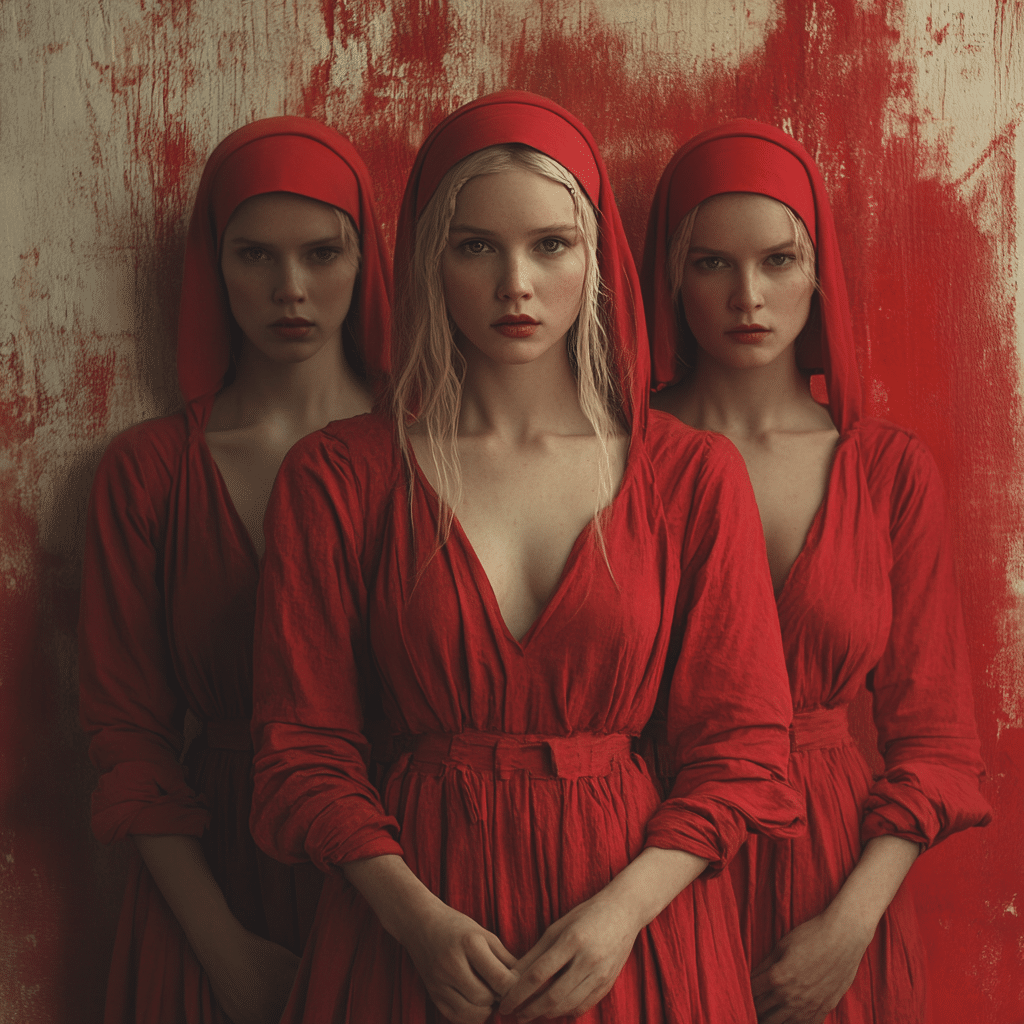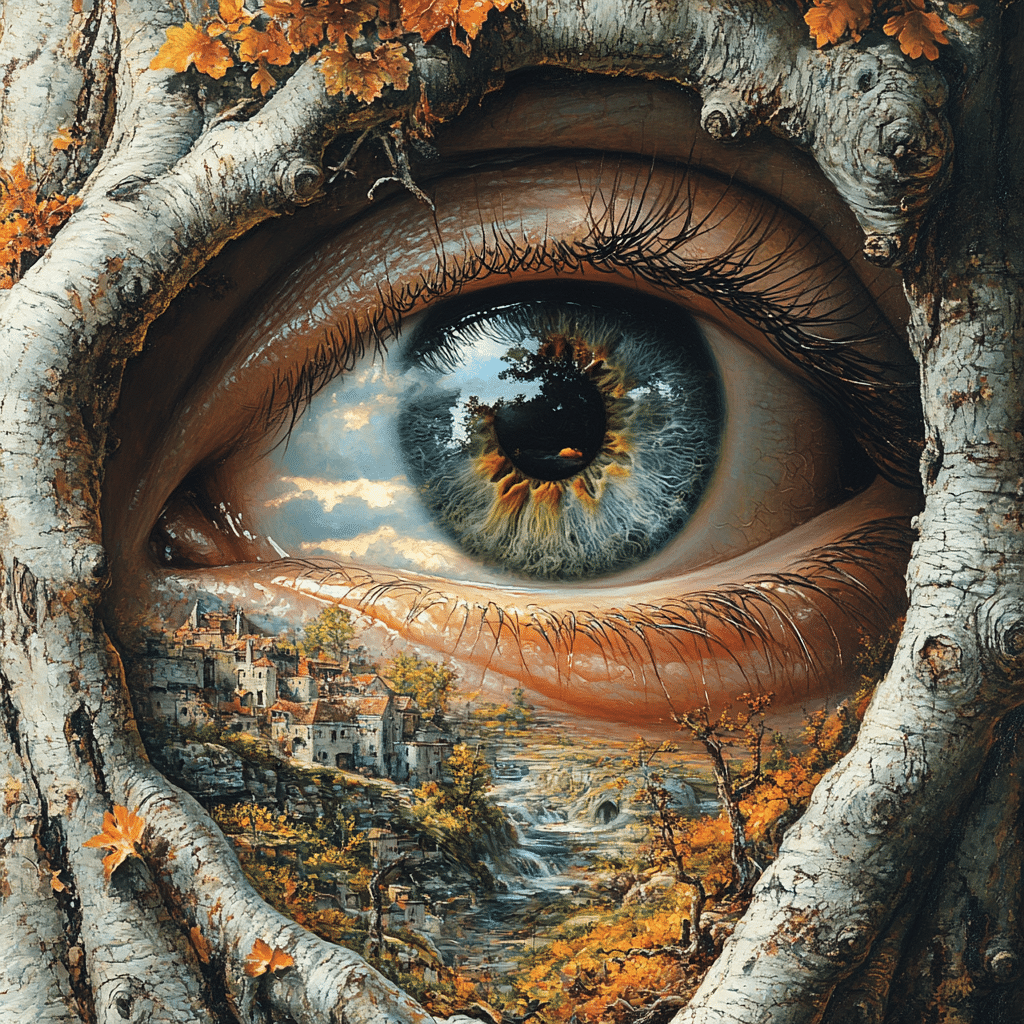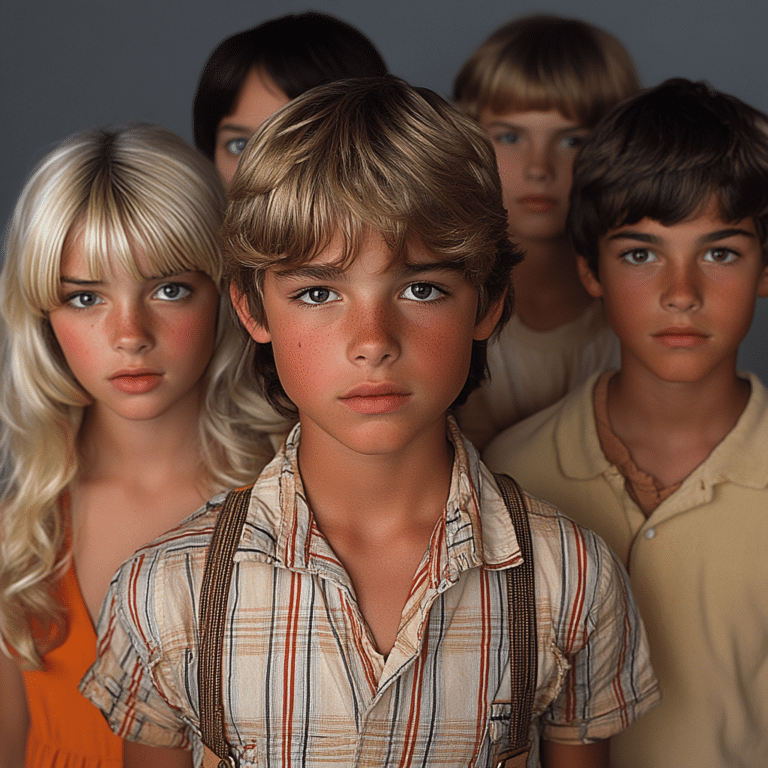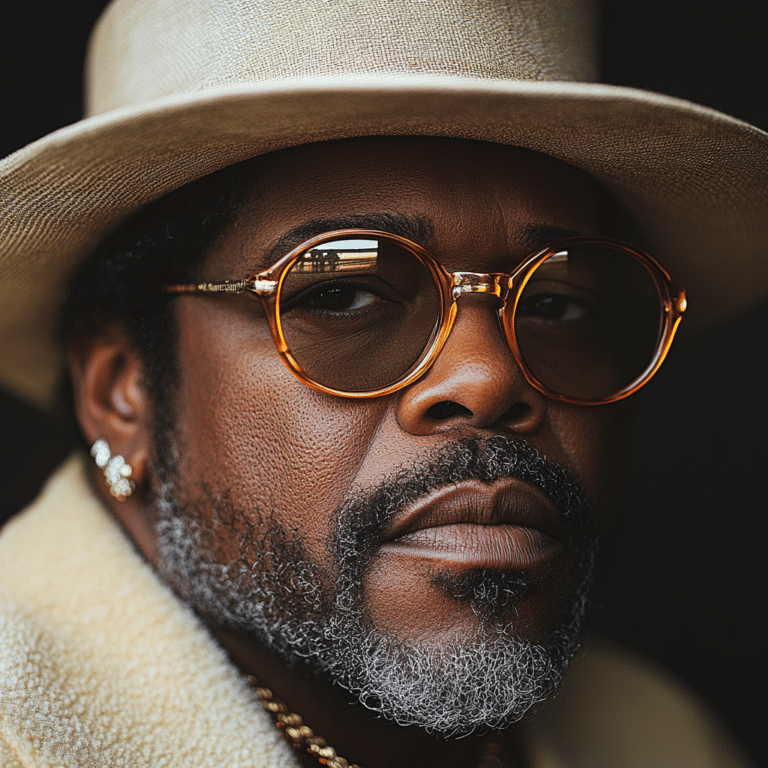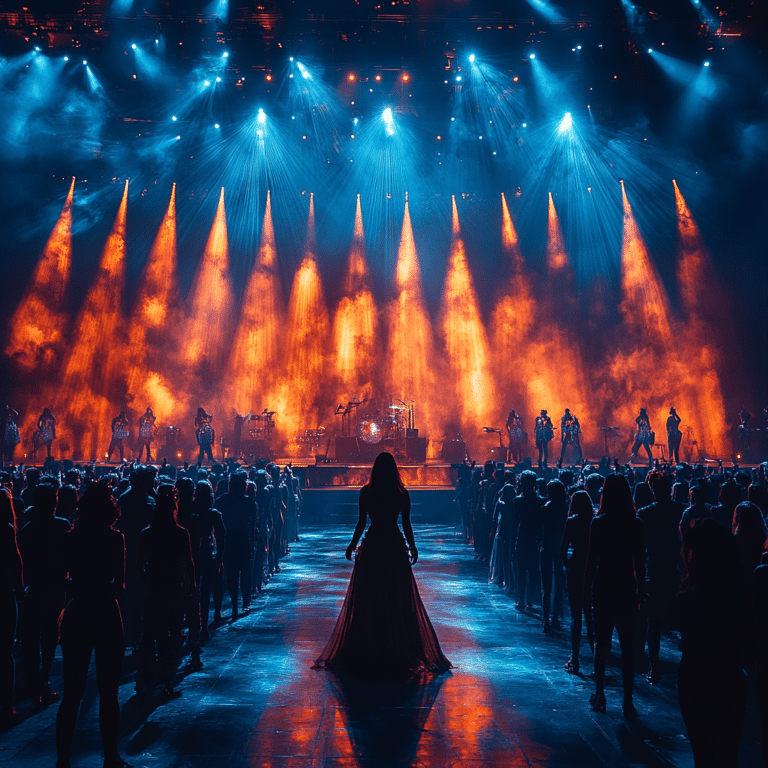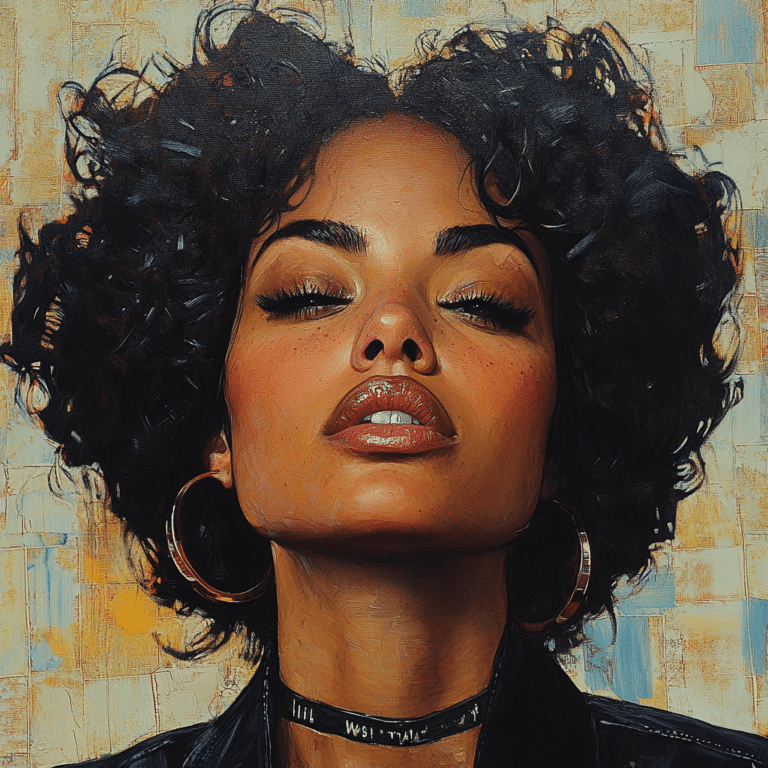In today’s fast-paced digital landscape, generational memes are more than just a fleeting form of entertainment; they serve as cultural artifacts that encapsulate the values, struggles, and humor of each generation. As we explore the generational memes that have surfaced in recent years, we uncover how they reflect societal changes, ignite debates, and foster connections among diverse groups. It’s wild how a simple image can express complex feelings and thoughts—you might even say memes have become the modern hieroglyphics!
Every generation has its own set of memes that resonate deeply with their collective experiences. These digital nuggets of humor often hit home, addressing everything from intergenerational tensions to political discourse. So, buckle up! We’re diving into the world of generational memes, where every scroll can spark an argument or a laugh.
Without further ado, let’s take a look at the top seven generational memes that have ignited conversations and defined us!
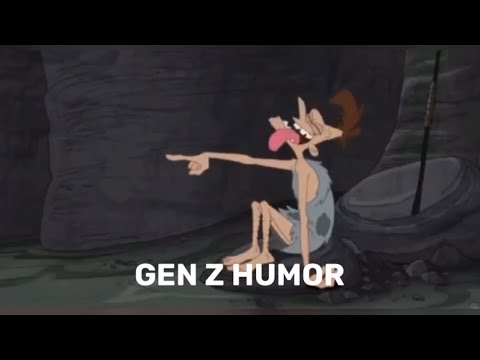
Top 7 Generational Memes That Spark Debate and Define Us

1. “OK Boomer” – The Battle of Generations
Emerging in late 2019, “OK Boomer” became the rallying cry for younger generations frustrated with older folks’ dismissive attitudes. Picture this: a Millennial exasperatedly shaking their head at a Baby Boomer’s opinion on TikTok. This meme didn’t just express frustration but tackled significant critiques of materialism, climate inaction, and economic stagnation faced by Millennials and Gen Z. The phrase exploded online and raised meaningful conversations about ageism and understanding different perspectives in our rapidly changing society.
It’s no surprise that “OK Boomer” has sparked debates—after all, who doesn’t love a lively discussion over generational differences? It encourages younger people to push back against stereotypes, showcasing strong sentiments underpinned by real-world struggles. So the next time you hear “OK Boomer,” remember, it’s more than just a meme; it’s a stepping stone toward understanding societal shifts!
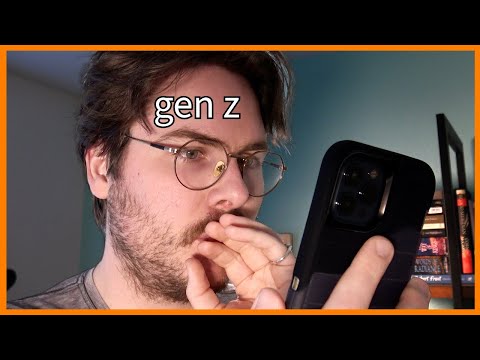
2. “Distracted Boyfriend” – Relationship Dynamics
Ah, the classic “Distracted Boyfriend.” Originally just a stock photo, it became a meme portraying everything from personal relationships to political loyalties. The relatable struggle depicted—a boyfriend caught between his girlfriend and an attractive passerby—reflects how both young and older generations grapple with choices that often lead to tension. It’s a universal theme!
This meme has gone through the ringer, illustrating intimate connections and political preferences alike. It’s genius how a simple image can spark discussions about loyalty and temptation across both love and politics. So the next time you use this meme, remember: you’re not just sharing a laugh; you’re tapping into complex emotional dynamics that span generations.
3. “This is Fine” – Existential Dread
You might recognize the dog sitting calmly in a burning room while saying, “This is fine.” This image mushroomed in popularity during the COVID-19 pandemic, capturing existential dread like nothing else. In a time of uncertainty, people used this meme to share their chaotic lockdown experiences, proving that humor is indeed a great coping mechanism for anxiety. It resonated across all generations, bringing moderate relief during chaotic times.
Consequently, “This is Fine” becomes a talking point on mental health, opening discussions about how we manage stress in crises. Everyone—you, me, and the dog—was pretending it was all okay amidst the chaos. It highlights our shared experiences and the peculiar ways we handle life’s curveballs.
4. “Spongebob’s Mocking Face” – Generational Irony
Remember good ol’ Spongebob? His mocking face quickly turned into a meme representing irony and sarcasm, especially among younger audiences. This multi-layered meme has tackled everything from political blunders to job frustrations, using humor as both a defense tactic and a societal critique.
With a finger-pointing laugh, it allows users to convey indignation in a light-hearted manner. This is especially popular among Generations Y and Z, who often feel pigeonholed by societal expectations. So, next time you land on this meme, think of it as a humorous pushback against norms—Spongebob really gets it!
5. “Is This a Pigeon?” – Miscommunication in the Digital Age
Who doesn’t love a good miscommunication meme? The “Is This a Pigeon?” meme, born from an anime scene, illustrates the hilarious misunderstandings in our daily conversations. With rapid cultural shifts happening online, younger generations often find themselves struggling to grasp older values and practices.
This meme perfectly captures the frustrations of navigating a rapidly changing landscape where what’s common to one group is a total head-scratcher for another. And isn’t that relatable? We’re all in it together, trying to decipher jargon and tone in the digital age.
6. “Woman Yelling at a Cat” – The Divide of Perspectives
This iconic meme combines an image of a yelling woman with a perplexed cat at the dinner table. Talk about the skirmishes of converging opinions! It embodies clashing views, especially around lifestyle choices and social issues. The image often highlights the differences in views related to technology, mental health, and environmentalism.
It’s not just about cute animals; it’s about shining a light on debate and misunderstandings surrounding vital societal concerns. Humor allows for a lighter take on deeper issues—something we can all connect with!
7. “Karen” – The Meme That Defines Entitlement
Finally, the “Karen” meme—serving as a comedic jab at entitled behaviors. While it stirred up its share of controversies, this meme has sparked discussions about social justice, privilege, and accountability, particularly among older generations.
Used in conversations about customer service and public behavior, this meme calls out perceived injustices with a sprinkle of satire. It invites younger generations to address systemic issues while still keeping the conversation light and entertaining. Who knew a meme could be both so funny and so revealing?

Embracing Meme Culture in a Diverse Society
The exploration of generational memes shows us that these digital creations extend beyond mere giggles; they encapsulate multilayered socio-political narratives that define us. Each one serves to bridge gaps between generations, exploring shared human experiences while encouraging critical conversations about contrasting values.
As we move through the digital landscape, generational memes offer a unique lens to understand societal change. They spark discussions, provoke thoughts, and create a sense of community amidst differing perspectives. In a world where communication shifts like sand, memes remain powerful tools for connection—transforming moments of humor into reflections of our collective journey.
So, whether you identify as a Baby Boomer ranting about Millennials, or a Gen Z’er rolling your eyes at old folks, remember that generational memes are a mirror to society. They reveal our quirks and foibles in a way that’s relatable, entertaining, and undeniably potent!
![Thumbs / Generations [ meme Gacha club 👑] - late Trend](https://www.loadeddicefilms.com/wp-content/cache/flying-press/nr3i6x3g368-hqdefault.jpg)
Generational Memes That Define Us and Spark Debate
The Humor of Generations
Generational memes have a special ability to unite or divide people with just a few words and a clever image. Remember the classic ‘Distracted Boyfriend’ meme? It’s been joked about since it popped up online, poking fun at how people endlessly switch loyalties, whether it’s a new fad or even a partner! It’s a reflection of our fast-paced, ever-changing lives—a nod to how trends, much like property tax assessments, seemingly come and go. Speaking of which, for those wondering How To determine property tax, it’s quite the interesting topic amid the constant flux of trends.
Memes have also become cultural icons that influence everything from politics to entertainment. For instance, the humorous references made by former football player Ken Dorsey in Miami highlight how sports and meme culture collide, sparking discussions on player decisions and game strategies. And in the spirit of personal touches, why not use a free home value estimator to see how property values around trending neighborhoods reflect societal shifts? That could inspire a meme or two of its own!
Social Commentary or Just a Laugh?
Some memes dive deep into social commentary, offering more than just a chuckle. Take the ‘Expanding Brain’ meme, which illustrates the evolution of ideas from simple to avant-garde, sparking debates about education and knowledge. Similarly, Blades Of The Guardians captivates audiences, both through its engaging narrative and striking visuals, merging creativity with thoughtful commentary. It’s fascinating how memes can morph into tools for discussions, contrasting with lighter content like the antics of Goose Teeth, which often provide laughs while subtly reflecting on fandom culture.
Wrapping up the talk of generational memes, it’s clear that humor evolves with each crowd. And who hasn’t stumbled on a meme that resonates so deeply, it sparks a debate over dinner? The vibrant visions of Northern Lights new york even seem to showcase this convergence of creativity and social discourse, as people gather to share their favorite memes. So, next time you’re scrolling through social media, take a moment to appreciate how these generational memes shape our dialogue and connect us in laughter—even if we occasionally disagree on the punchlines!

What are some generational stereotypes?
Generational stereotypes often include Baby Boomers being seen as materialistic and out-of-touch, while Millennials are viewed as entitled and obsessed with social media. Gen Xers might be labeled as cynical and independent, and Gen Z is sometimes seen as overly sensitive or tech-obsessed. Each generation faces its share of criticisms, which can feel like a rite of passage in society.
What generation is Gen Z parents?
Gen Z parents typically belong to the Millennial generation, as Generation Z consists of those born from 1997 to 2013, while Millennials fall between 1981 and 1996. This age range means many Millennials are now becoming parents, raising their kids as part of the newest generation.
What do gen xers like?
Gen Xers often like alternative music, DIY projects, and a good sense of humor. They value independence and have a laid-back attitude towards work-life balance, tending to appreciate experiences more than material possessions.
What are the generational age breakdowns?
Generational age breakdowns are roughly defined as follows: Baby Boomers (born 1946-1964), Generation X (1965-1980), Millennials or Gen Y (1981-1996), Gen Z (1997-2013), and Generation Alpha (estimated to start from 2013). These ranges can vary slightly depending on the source.
Why are Gen Z and millennials so different?
Gen Z and Millennials are different mainly due to their experiences growing up. Gen Z has been shaped by the internet from a very young age, leading to a focus on social issues and activism, while Millennials faced the 2008 recession, affecting their outlook on work and finances.
What is gen z stereotype?
The stereotype of Gen Z often involves them being digital natives, with a preference for social justice, diversity, and mental health awareness. They’re seen as pragmatic and cautious due to growing up during times of global instability.
What are kids born after Gen Z called?
Kids born after Gen Z are generally referred to as Generation Alpha, who are currently being raised in an increasingly connected and technology-driven world. This generation will likely be marked by even more tech integration into everyday life.
Is Gen Z aging faster than Millennials?
There’s no concrete evidence that Gen Z is aging faster than Millennials, but differences in priorities and life stages can sometimes make it seem that way. Gen Z faces unique challenges, which may lead them to adopt adult-like behaviors at younger ages.
Why is Gen Z called the New Silent generation?
Gen Z is sometimes called the New Silent Generation because, like the Silent Generation of the 1920s-1940s, they tend to be more reserved and cautious, especially when it comes to sharing their feelings and experiences on social media.
What is the coolest generation?
The coolest generation is subjective, but many argue that Millennials often take the crown for being trendsetters in pop culture, technology, and social movements. However, Gen Z is quickly making its mark as well.
What is Gen Y personality?
Gen Y, or Millennials, often exhibit traits such as being tech-savvy, value-driven, and idealistic. They care deeply about issues like climate change and social justice, which shapes their personal and professional choices.
What will Generation Alpha look like?
Generation Alpha is expected to be highly connected and influenced by advanced technologies like AI and VR. They’ll likely be more globally minded and accustomed to diversity due to the world they’re growing up in.
Which generation quits the most?
Generation Z tends to be known for quitting jobs more often than previous generations, often seeking better work-life balance and fulfilling careers that align with their values over traditional stability.
Is there a silent generation?
Yes, there is a Silent Generation, typically classified as those born from the mid-1920s to the mid-1940s. They were shaped by the post-World War II era and often are characterized by their work ethic and traditional values.
Is 1995 a millennial or Gen Z?
Individuals born in 1995 are generally considered Millennials, as the Millennial generation encompasses those born from 1981 to 1996. This places them firmly in that cohort rather than Gen Z.
What are some youth stereotypes?
Some common youth stereotypes include assumptions that young people are lazy, self-absorbed, or overly dependent on technology. These stereotypes can overlook the diverse experiences and challenges faced by the younger generation.
What are 2 examples of age stereotypes?
Two examples of age stereotypes include the belief that older adults can’t adapt to new technology and that younger people lack discipline and focus. Both oversimplify the capabilities and experiences of these age groups.
What are general stereotypes examples?
General stereotypes often include ideas like women being nurturing and caring, while men are expected to be strong and assertive. Such stereotypes can be harmful as they do not account for individual differences.
What is the stereotype of the younger generation?
The stereotype of the younger generation commonly suggests they’re entitled, disconnected from history, and overly preoccupied with social media. This view can overlook their significant contributions and activism in today’s society.

